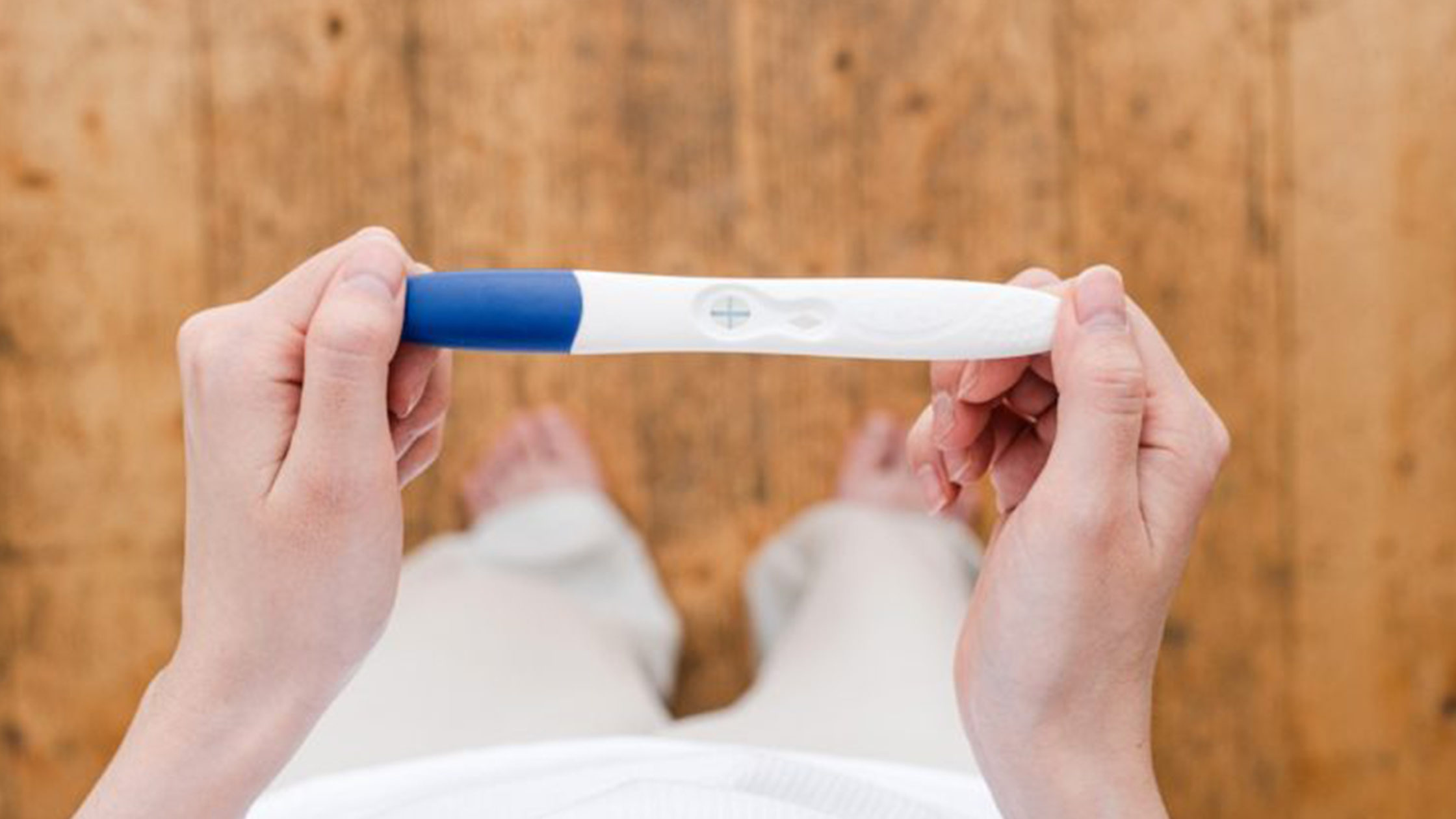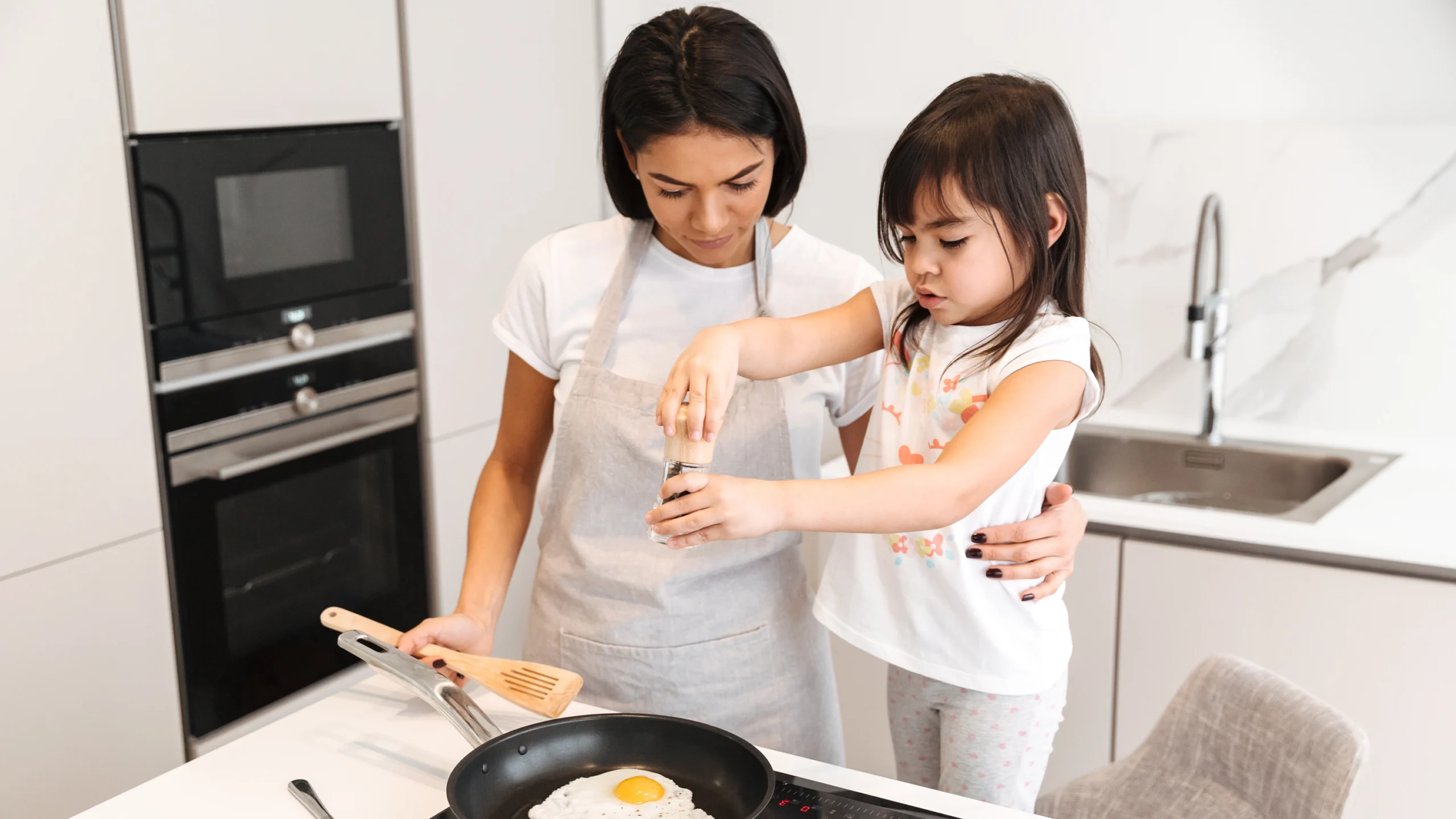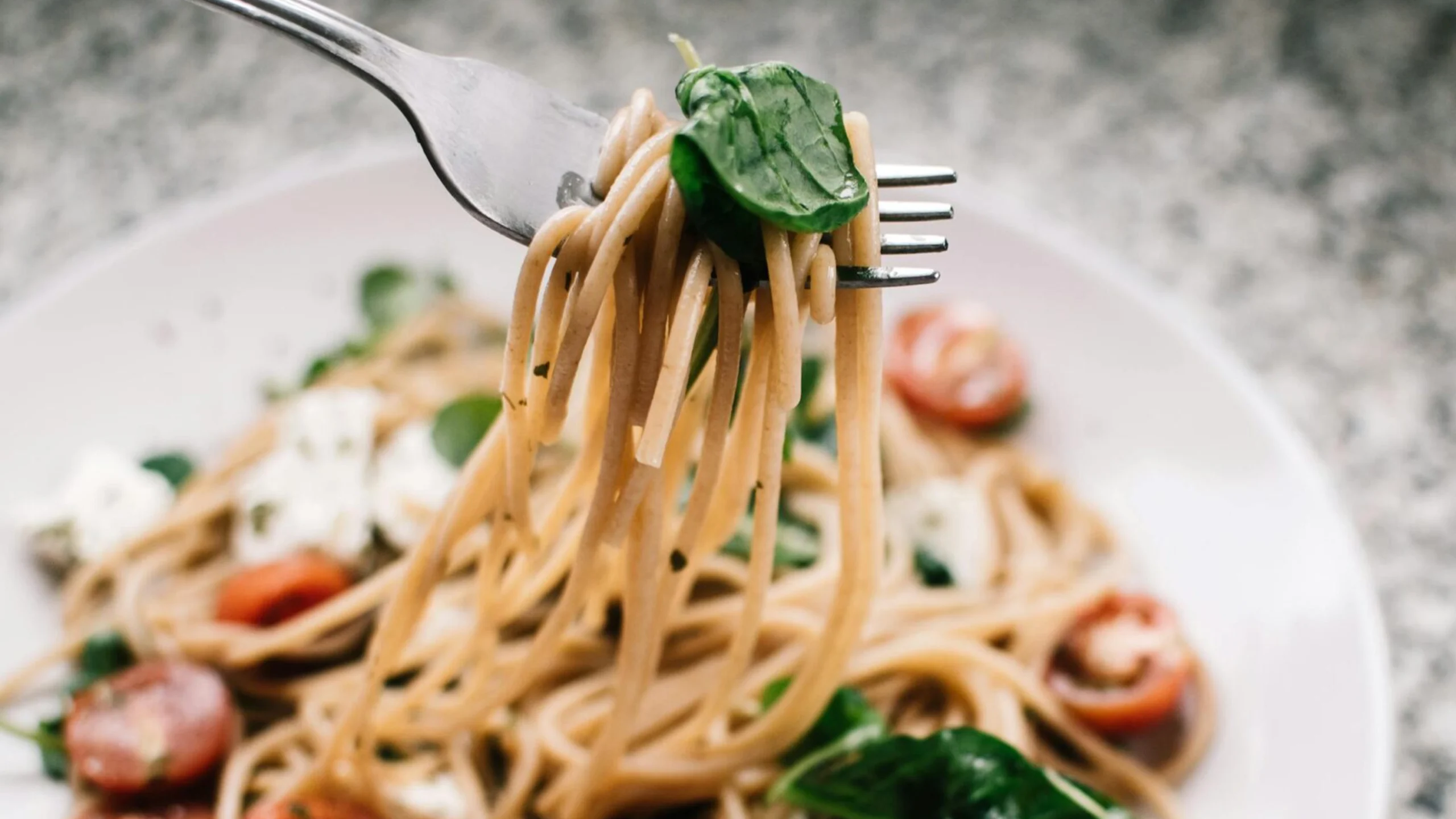Freezing Eggs 101: Why Women are Choosing to Do So
Also known as oocyte cryopreservation, here are reasons why women are freezing their eggs.
Studies have already proven that a woman’s body age does affect the quality of her eggs, indirectly affecting her chances of having a baby. With the “race against the clock” mentality, many women used to get married earlier to avoid the risks of a late age pregnancy. However, nowadays, with more advanced medical technology, women have decided to beat the clock by freezing their eggs.
Wait, you can freeze your eggs?
Freezing one’s eggs is known as oocyte cryopreservation in the medical world where a woman is injected with hormones similar to In vitro fertilization (IVF) to produce more eggs over a period of 5 to 10 days. Once the eggs are available, doctors retrieve them and freeze them.
However, a study back in the day informed women of the risks of their eggs being damaged by the freezing process. While there are cryoprotectants (the substance that can lessen the damage), it doesn’t assure that all the eggs are viable.
Why women are choosing to freeze their eggs
There are varied reasons why women want to freeze their eggs. Although it’s expensive, women are willing if it means keeping their options open. Other reasons include:
1. Not currently having the bandwidth to afford a child but still want one
Women nowadays are more empowered and aware of the demands of raising a child. They also have been told the same old tale of how their mothers have given up their careers to raise them. Freezing their eggs allows them to build their career while preventing aging from destroying the quality of their eggs.

2. No partner
Some careers take a lot of time to build. The medical field, law, and many other courses take years to complete before being able to earn a salary to sustain themselves. The frequent studying to become masters of the aforementioned courses sometimes requires women to seclude themselves, limiting their options in finding someone they want to date.
3. Wanting to enjoy the married life
There’s nothing wrong with wanting to enjoy married life. But instead of thinking one’s on the clock, freezing eggs allows wives and women to enjoy the romantic aspect of being with their partners. Some women feel that children may spoil the love for the first few years of their married life and thus, choose to freeze their eggs to prevent risks that come with age.

4. Money
With prices and commodities going up, raising a child takes a lot of money. Quality education, food, and even utilities — this is not a one-time spend. Men and women are more aware of the number of years and money needed to raise their children. Some also find the lack of money as an improper excuse for not being able to provide for their child. Others feel it would be unfair to their kids if they have them and then do not have the money to provide.
5. Hormonal diseases
Some women are born with hormonal and autoimmune diseases that can affect their ability to have children. Some common diseases include adenomyosis (a problem where the uterine lining grows inside the uterine muscles), endometriosis (a disease where the lining grows outside the uterus), and polycystic ovarian syndrome (a hormone imbalance where women produce more of the male hormone, androgens, leading to the growth of cysts).
Thus, to avoid the risk of damaging their eggs, women would rather freeze them until they receive treatment.
Freezing your eggs comes with its risks and benefits: Consult your OB-GYN!
Women’s health has been showing advancements in leaps and bounds that it has vexed those who are more into conservative approaches. However, women should not have to feel that they’re always racing against the clock. Especially when they’re trying to create a conducive environment for raising a child, women shouldn’t have to choose between a family and a career. Why not have both?

References
Candy, C. J., Wood, M. J., & Whittingham, D. G. (1997). Effect of cryoprotectants on the survival of follicles in frozen mouse ovaries. Reproduction, 110(1), 11-19.
Herraiz, S., Novella-Maestre, E., Rodríguez, B., Díaz, C., Sánchez-Serrano, M., Mirabet, V., & Pellicer, A. (2014). Improving ovarian tissue cryopreservation for oncologic patients: slow freezing versus vitrification, effect of different procedures and devices. Fertility and sterility, 101(3), 775-784.
Maffei, S., Pennarossa, G., Brevini, T. A. L., Arav, A., & Gandolfi, F. (2014). Beneficial effect of directional freezing on in vitro viability of cryopreserved sheep whole ovaries and ovarian cortical slices. Human Reproduction, 29(1), 114-124.
Newton, H., Fisher, J., Arnold, J. R. P., Pegg, D. E., Faddy, M. J., & Gosden, R. G. (1998). Permeation of human ovarian tissue with cryoprotective agents in preparation for cryopreservation. Human Reproduction, 13(2), 376-380.
Salle, B., Lornage, J., Franck, M., Isoard, L., Rudigoz, R. C., & Guerin, J. F. (1998). Freezing, thawing, and autograft of ovarian fragments in sheep: preliminary experiments and histologic assessment. Fertility and sterility, 70(1), 124-128.
More about women’s health?
Why A Mom’s Mental Health Matters
Understanding Menopause: How Can Women and Men Work Together
Understanding Breast Cancer from a Doctor’s Perspective









